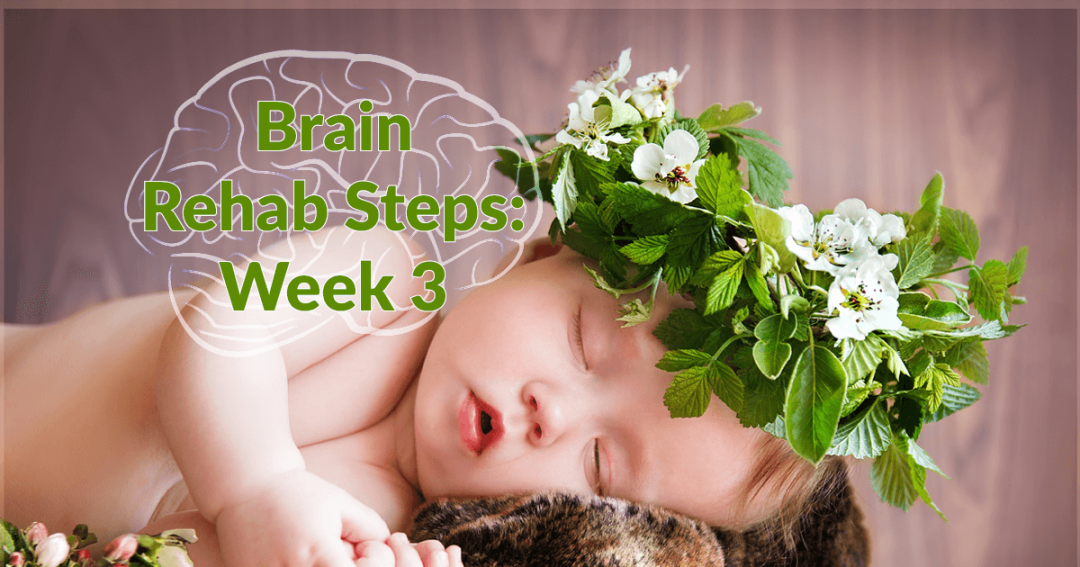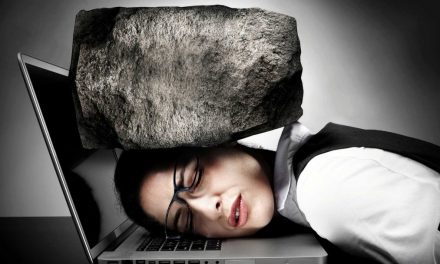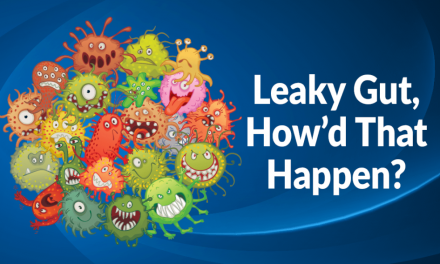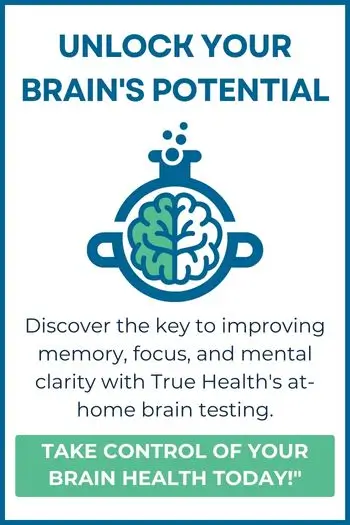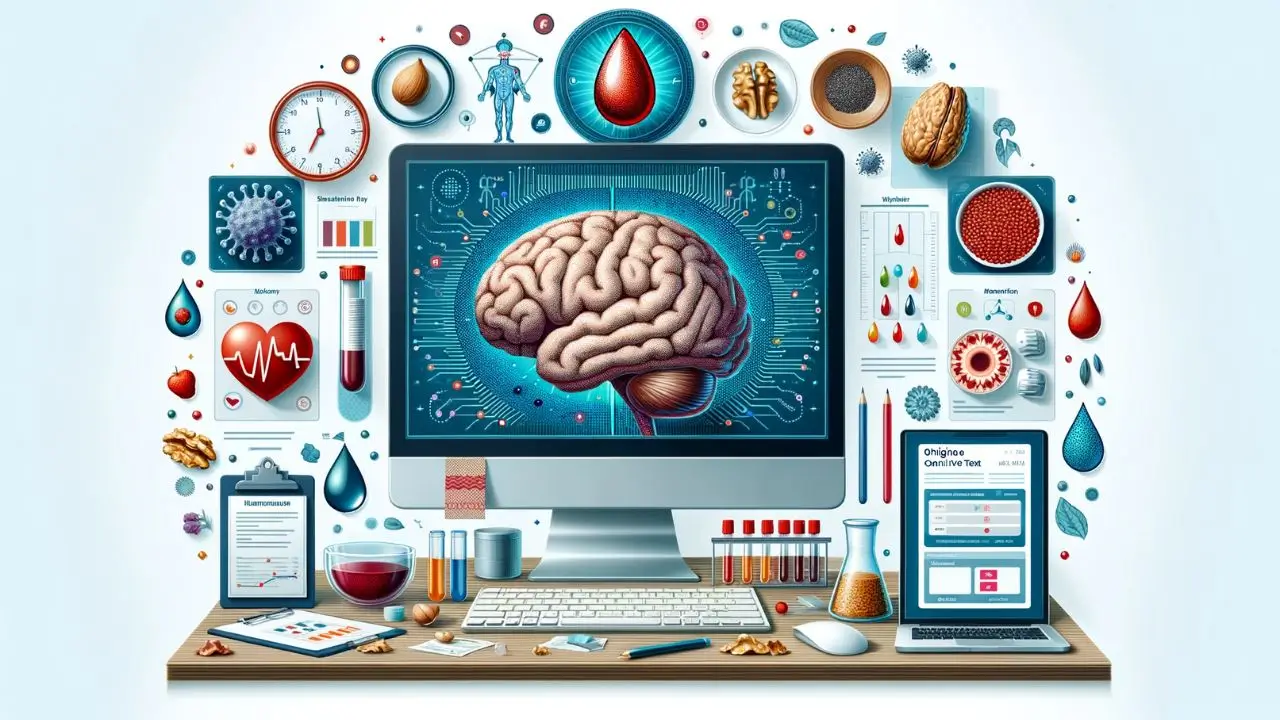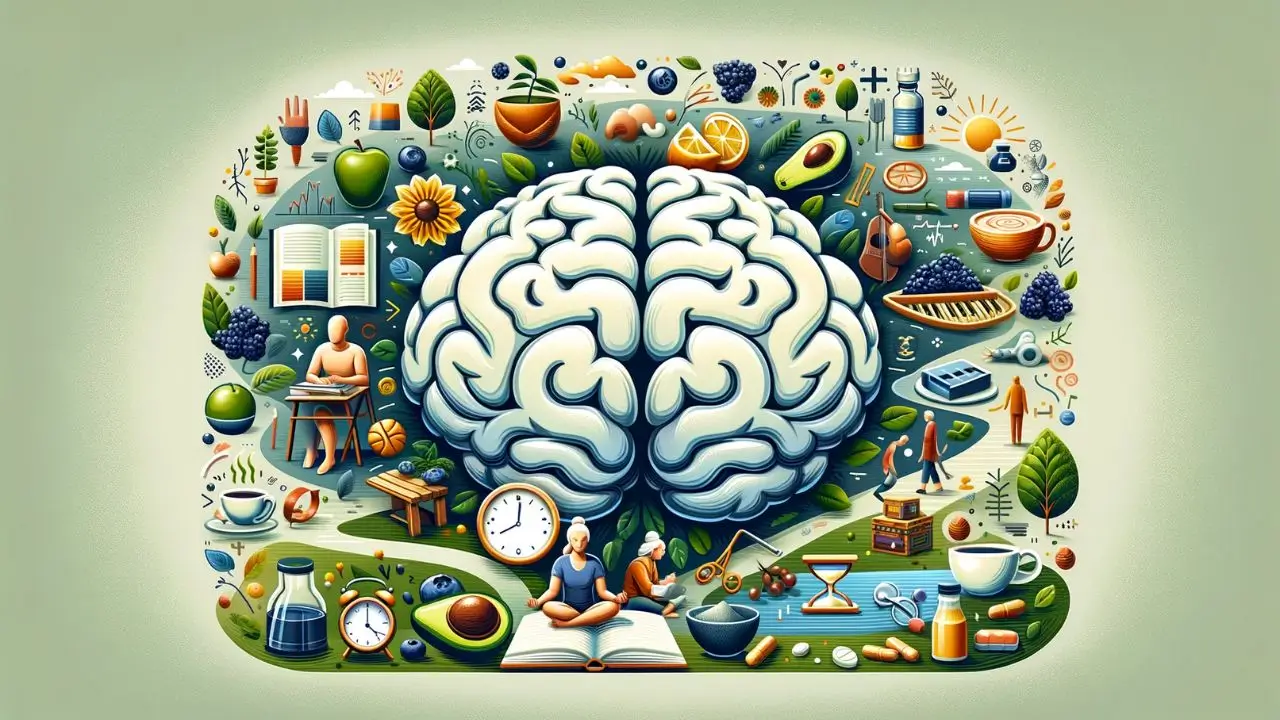Hooray! You’ve made it to Week #3 of Brain Rehab! This week the focus is on sleep. Everywhere you read, experts are saying we need to get at least 7 solid hours of uninterrupted sleep to help promote health and well-being. What if that’s not an option? What if you’re in bed for at least that long but are not sleeping well? This week we’ll look at how to improve your sleep hygiene.
Just a reminder, if you didn’t take the time prior to your first week of this new lifestyle, it would be a great idea to determine your baseline. Have your bloodwork done at this point and ask for a hemoglobin A1C and vitamin D level to be done in conjunction. You may want to note your blood pressure, weight, body fat percentage, and hip/waist measurements. I would also write out any current symptoms you’re experiencing, how your energy levels are, how you sleep, what you feel like when you wake up in the mornings, etc. After implementing the following processes for a minimum of 4 weeks, have your blood tests redone to see the changes.
Week #3: Focus on Sleep
This is probably one of the most important areas that, when achieving your goal, will have profound effects on every aspect of your health. This week focus on improving your sleep hygiene. You may already be sleeping better with the couple of changes that you’ve made already. Research suggests that a minimum of 7 hours of uninterrupted sleep is best for promoting hormone balance and overall health. If you’re getting less, then try to get yourself to bed 30 minutes earlier.
To help ensure that you’re getting the best quality of sleep possible, incorporate the following:
- Maintain regular sleep habits – experts show that people who go to bed at the same time nightly and wake up at the same time daily have the best results. We do this with our children but somehow lose sight of the importance of this simple, yet effective routine as we get older.
- Decrease variables that negatively impact sleep – this includes things like prescription medication, caffeine, alcohol, and nicotine. Caffeine and alcohol are both stimulants and impact your ability to go to sleep. Alcohol while itself is a sedative, the enzymes necessary to break it down have a stimulant effect. A lot of over-the-counter medications have ingredients that disrupt sleep. Ask your physician if any of your medications have the potential for disrupting sleep and what, if anything, can be done about it.
- Time your dinner appropriately – this is not always the easiest to do, but try to make it that you’re done consuming your food ideally 3 hours prior to bedtime. Again foods can contain ingredients that can disrupt sleep as well.
- Sleep in complete darkness – with the use of lighting, our bodies have a harder time recognizing it’s nighttime. At night, you produce the important hormone, melatonin, which helps prepare the body for sleep. Try to make sure your room is as dark as possible to help the body produce enough of this hormone. Using blackout shades and removing tv’s and alarm clocks can be most helpful. If you need your alarm clock, cover the lighting with a cloth or something to keep the room black.
- Reduce use of electronics – research shows that staying “plugged” into technology whether it’s for work or play can negatively impact your brain’s ability to shut down at night. Watching shows that are more violent or action-packed prior to bed can have the same effect. Science suggests getting “unplugged” at least 2 hours prior to bedtime. Obviously, this probably isn’t realistic for most of you, so at least try to get to bed without your phone in your hand, the tv on or your favorite book still on whichever electronic device of your choice. Even if you can only do this about 30 minutes prior to bed, do it. It will still be helpful.
I’m so excited for you who did your Brain Health Test to establish your baselines! I can’t wait to see how implementing your personal recommendations, plus these steps have completely changed your trajectory and improved your brain health! Missed out on knowing your numbers? No you haven’t. Here’s your FREE access to my convenient, test from the convenience of your own home, Brain Health Test kit.
